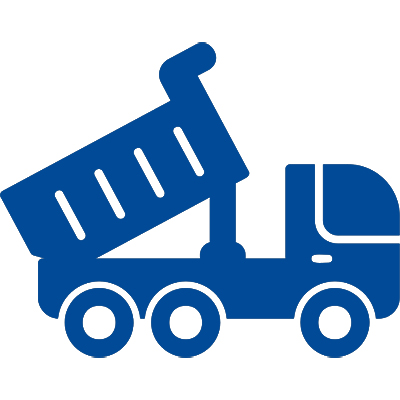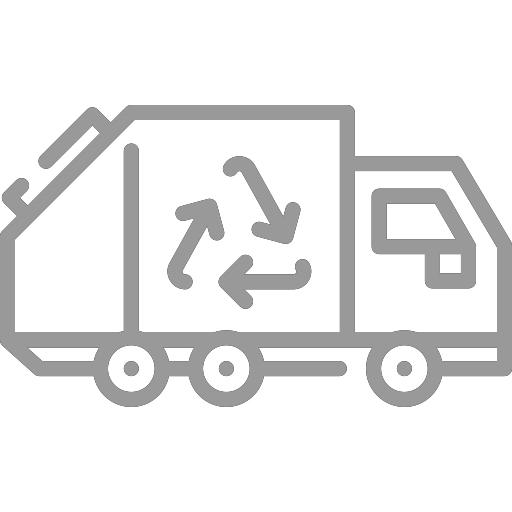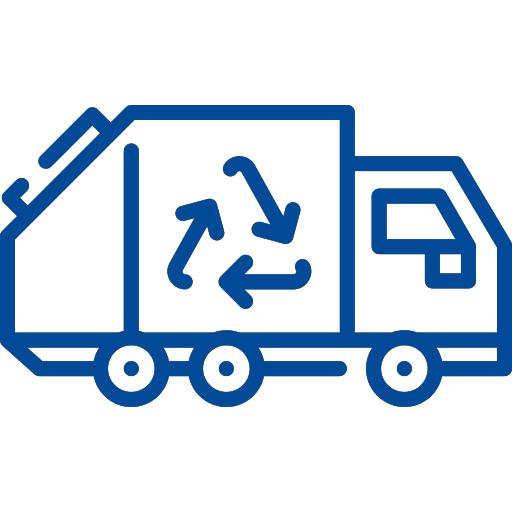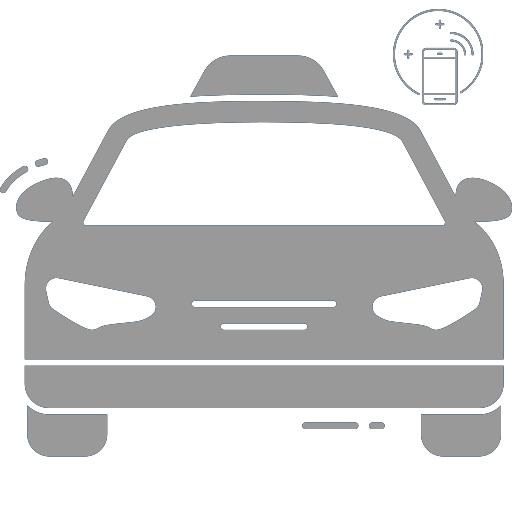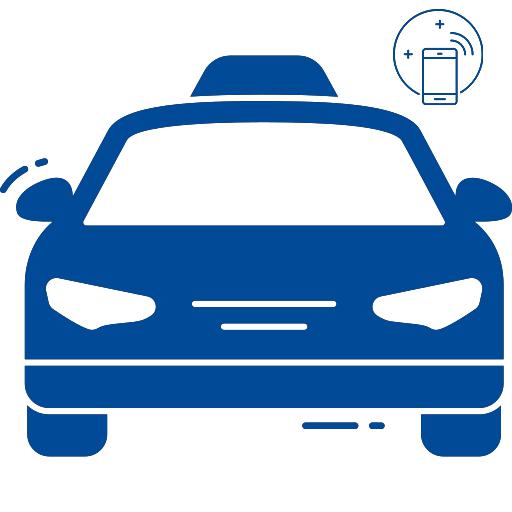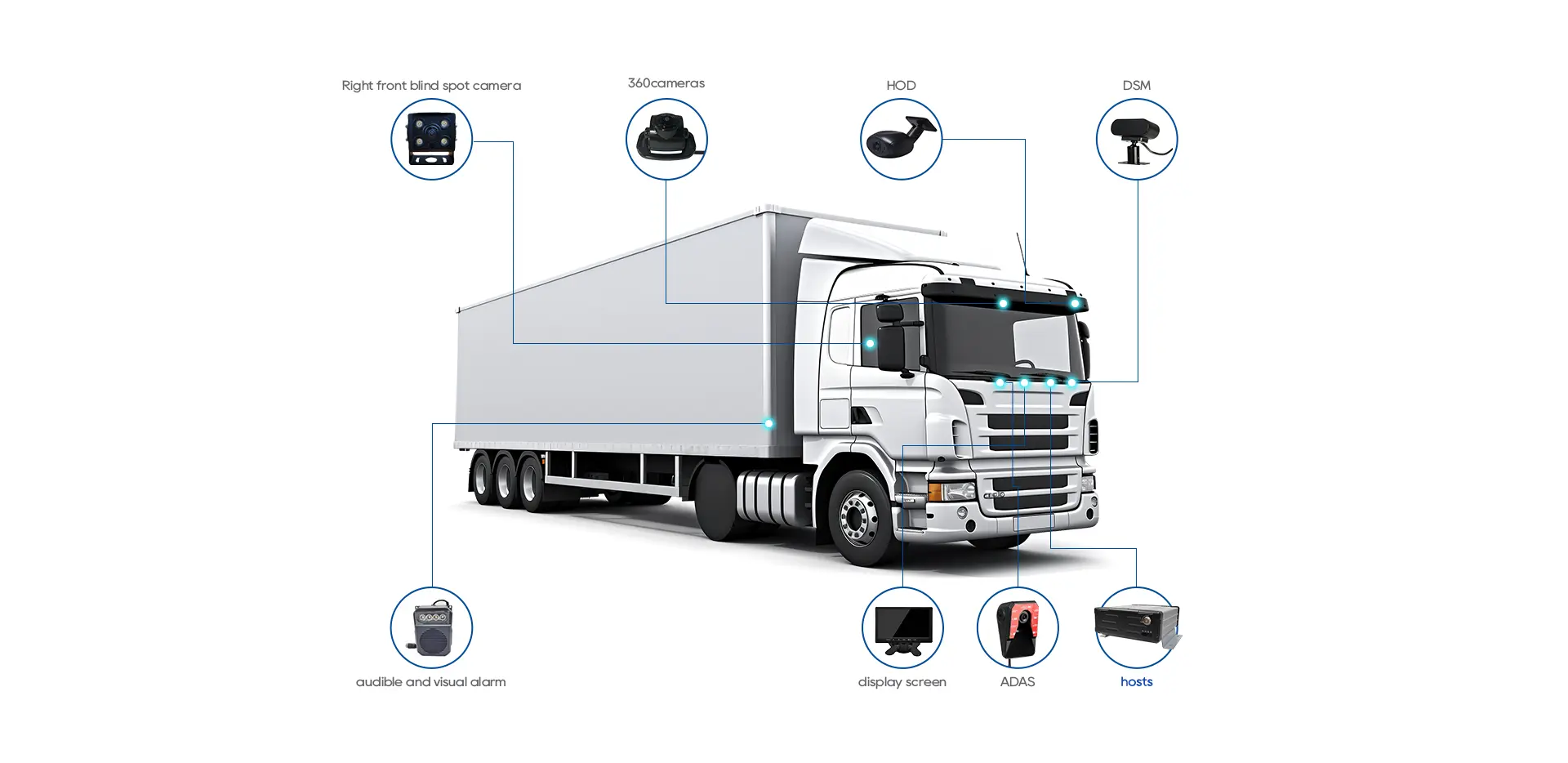4G Dash Cam
4G Dash Cam
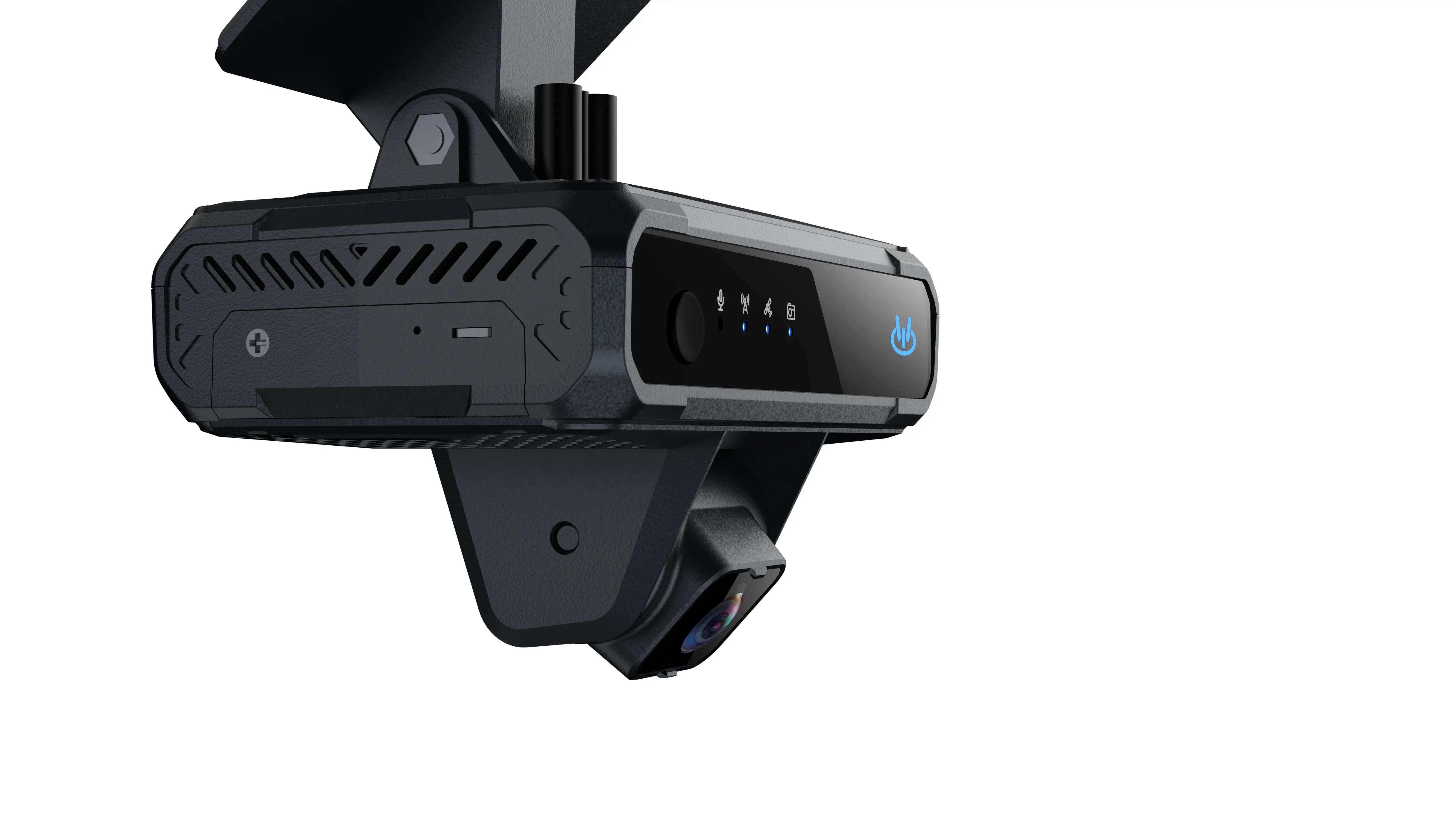
AI Dash Cam with ADAS and DSM
V8N
Leam More
The Intelligent Dash Cam V8N is a 4G dash cam that integrates high-definition video recording functionality. This device features a front and rear dual-camera integrated design, providing comprehensive real-time monitoring of both the interior and exterior environments of the vehicle. It supports built-in active safety algorithms that can detect dangerous driving events and unsafe driving behaviors. The system provides real-time voice alerts to the driver to avoid collisions and accidents and reports incidents to the customer management platform, facilitating the statistical analysis of driver behavior. It supports uploading real-time vehicle location information and historical trajectories to the customer management platform, offering high-definition real-time video and historical video viewing, making management more convenient and efficient.
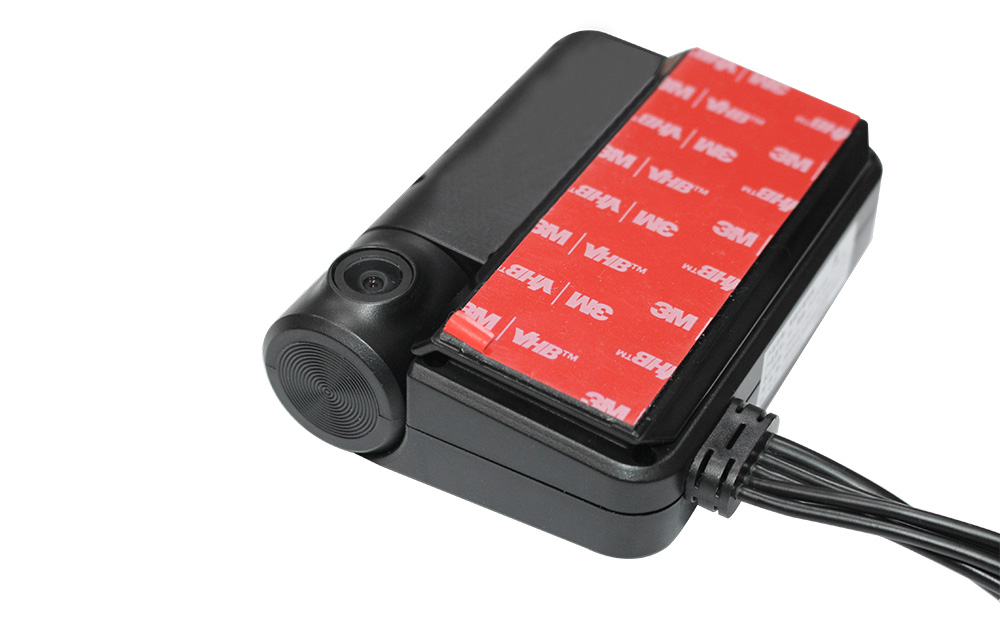
4 Channel Dash Cam
V5-4CH
Leam More
Yuwei V5 Dashcam is a feature-rich 4-channel dash camera, designed specifically for fleet video monitoring and tracking management.
V5 supports 4-channel cameras, providing real-time audio and 1080p HD video recording, and utilizing dual TF card storage. It achieves real-time video transmission through global 4G network connectivity, while GPS/BDS real-time positioning ensures precise tracking.
V5 also integrates built-in active safety algorithms (ADAS, DSM) to enhance security. Currently, YUWEI 4-channel dashcams are widely used in fleets across more than 30 countries, and are extensively applied in various fields such as trucks, coaches, ride-hailing vehicles, taxis, logistics, government vehicles, and so on.
V5 supports 4-channel cameras, providing real-time audio and 1080p HD video recording, and utilizing dual TF card storage. It achieves real-time video transmission through global 4G network connectivity, while GPS/BDS real-time positioning ensures precise tracking.
V5 also integrates built-in active safety algorithms (ADAS, DSM) to enhance security. Currently, YUWEI 4-channel dashcams are widely used in fleets across more than 30 countries, and are extensively applied in various fields such as trucks, coaches, ride-hailing vehicles, taxis, logistics, government vehicles, and so on.
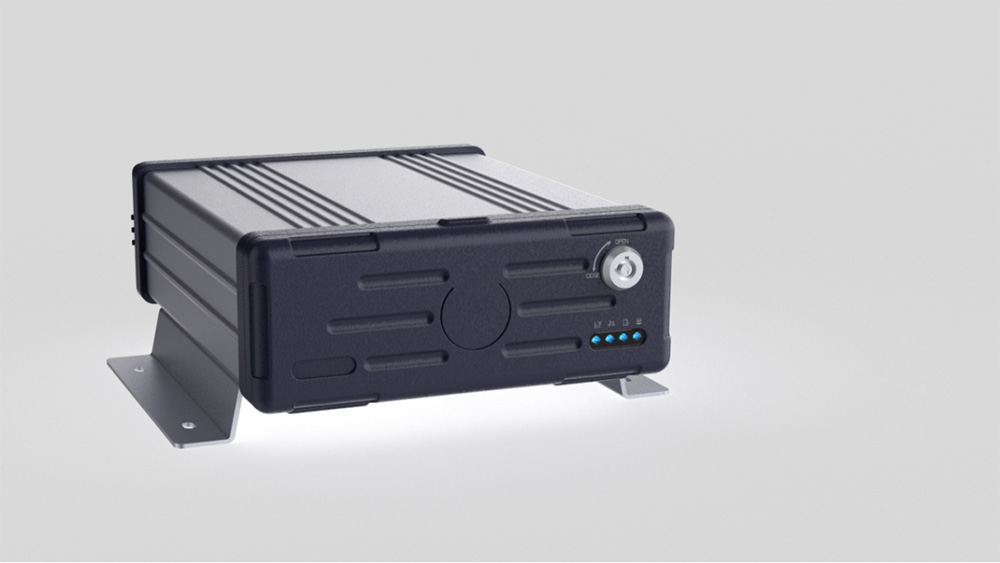
4 Channel Mobile DVR
F4-4CH
Leam More
F4 is a 4-channel AI mobile hard disk recorder that offers a range of advanced features. It includes global 4G wireless transmission and WIFI communication, enabling seamless connectivity and remote access. With its DVR function, F4 can continuously record and store high-quality video footage of the vehicle's surroundings. Additionally, its GPS/BDS real-time positioning feature ensures accurate location tracking at all times.
The main objective of F4 is to provide comprehensive vehicle driving recording and video monitoring capabilities. Utilizing its powerful artificial intelligence capabilities, F4 supports advanced monitoring functions such as ADAS (Advanced Driving Assistance System) for assisting drivers, BSD (Blind Spot Detection) for detecting potential hazards, DSM (Driver Status Monitoring) for monitoring the driver's condition, as well as passenger status monitoring, cabin loading detection, and cargo condition monitoring. By employing these intelligent monitoring features, F4 enhances overall safety and provides valuable insights for both drivers and fleet managers.
The main objective of F4 is to provide comprehensive vehicle driving recording and video monitoring capabilities. Utilizing its powerful artificial intelligence capabilities, F4 supports advanced monitoring functions such as ADAS (Advanced Driving Assistance System) for assisting drivers, BSD (Blind Spot Detection) for detecting potential hazards, DSM (Driver Status Monitoring) for monitoring the driver's condition, as well as passenger status monitoring, cabin loading detection, and cargo condition monitoring. By employing these intelligent monitoring features, F4 enhances overall safety and provides valuable insights for both drivers and fleet managers.
















